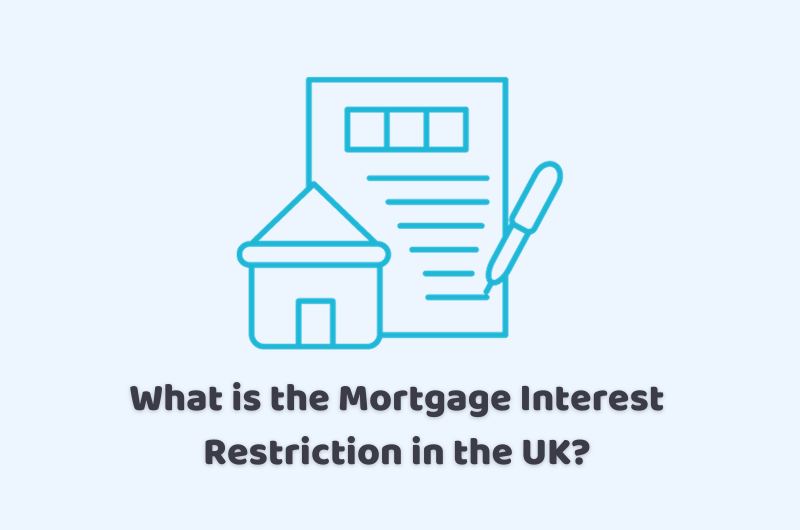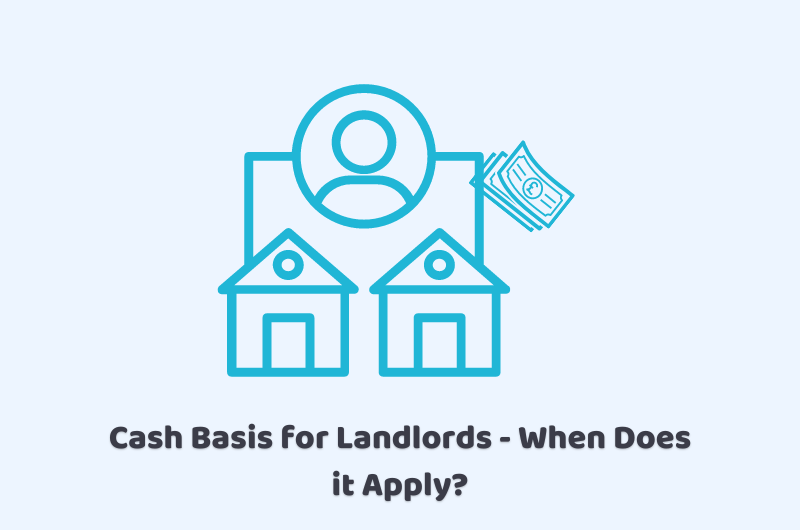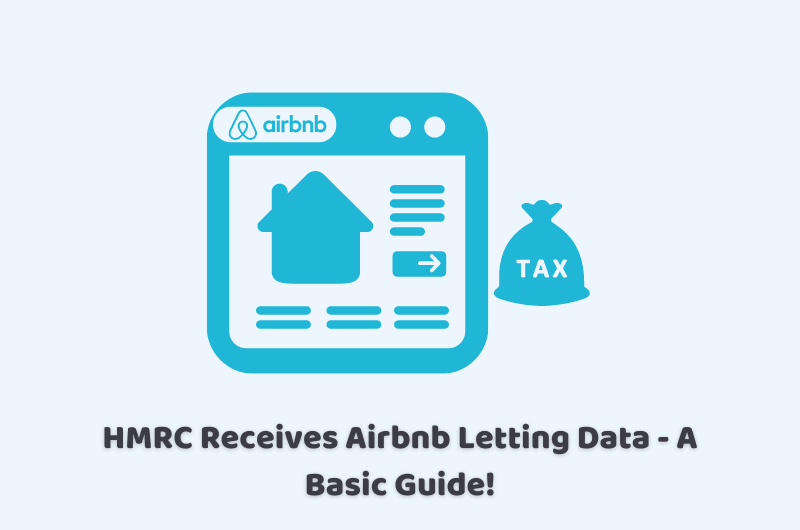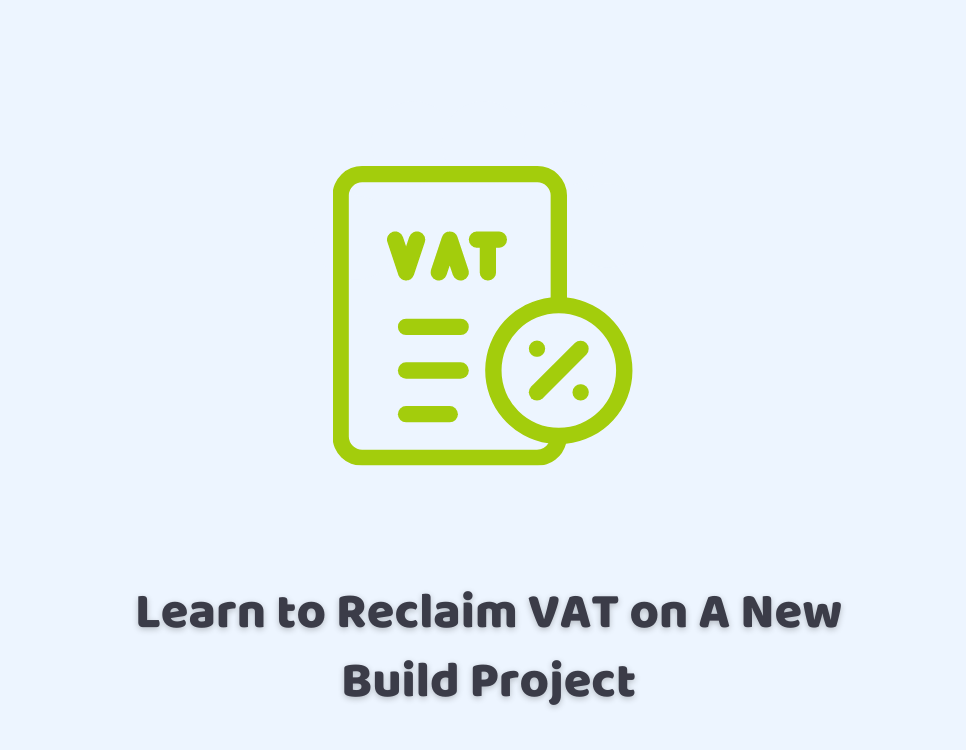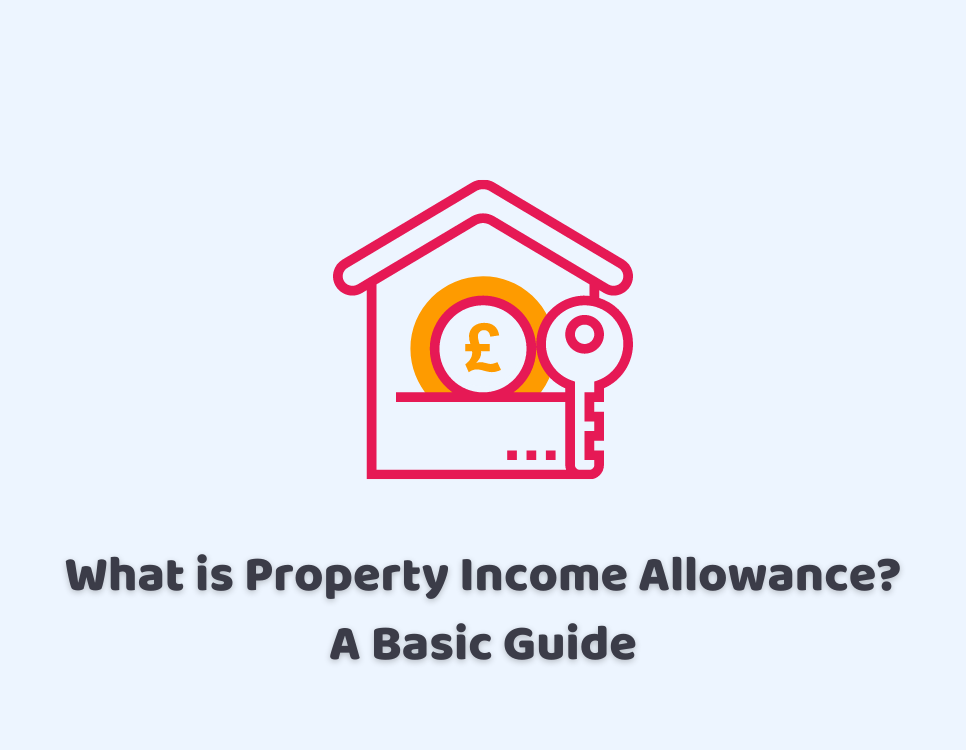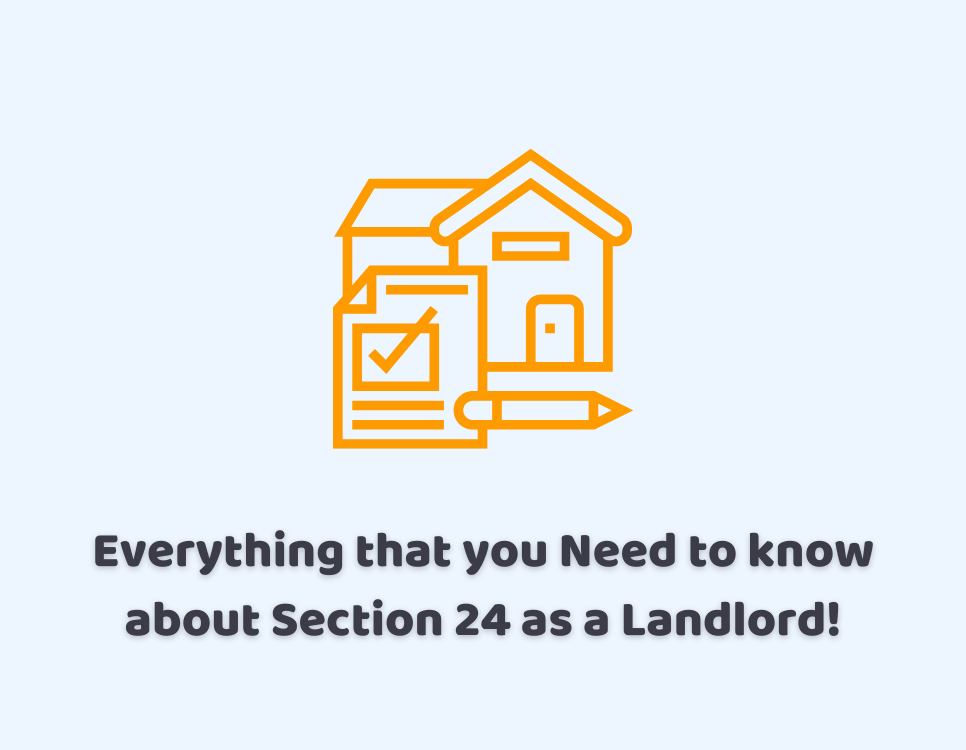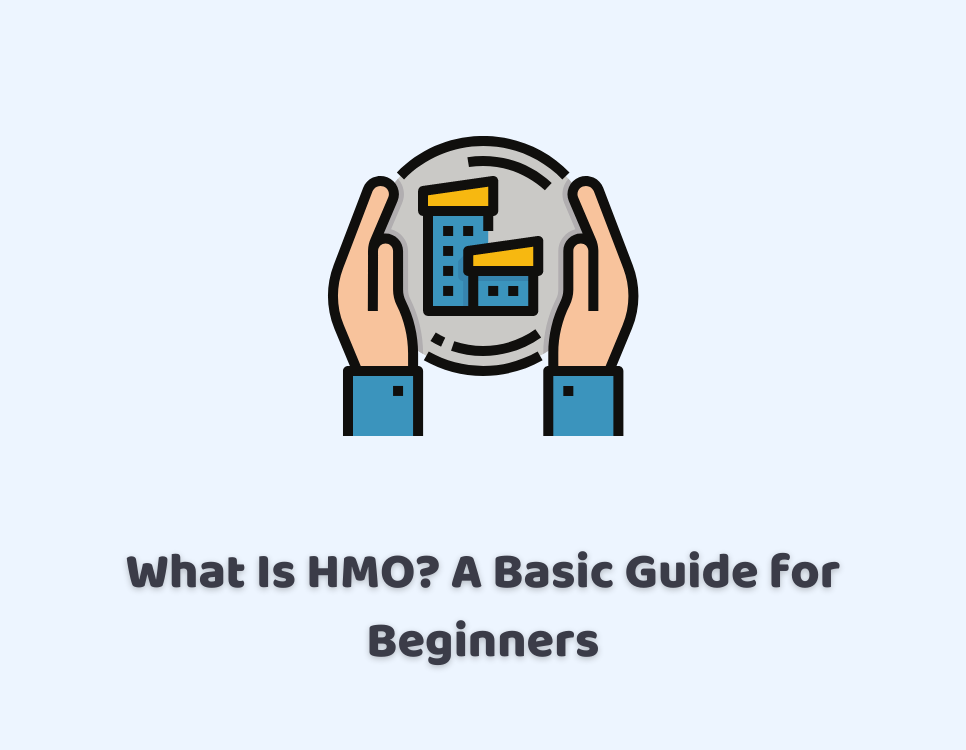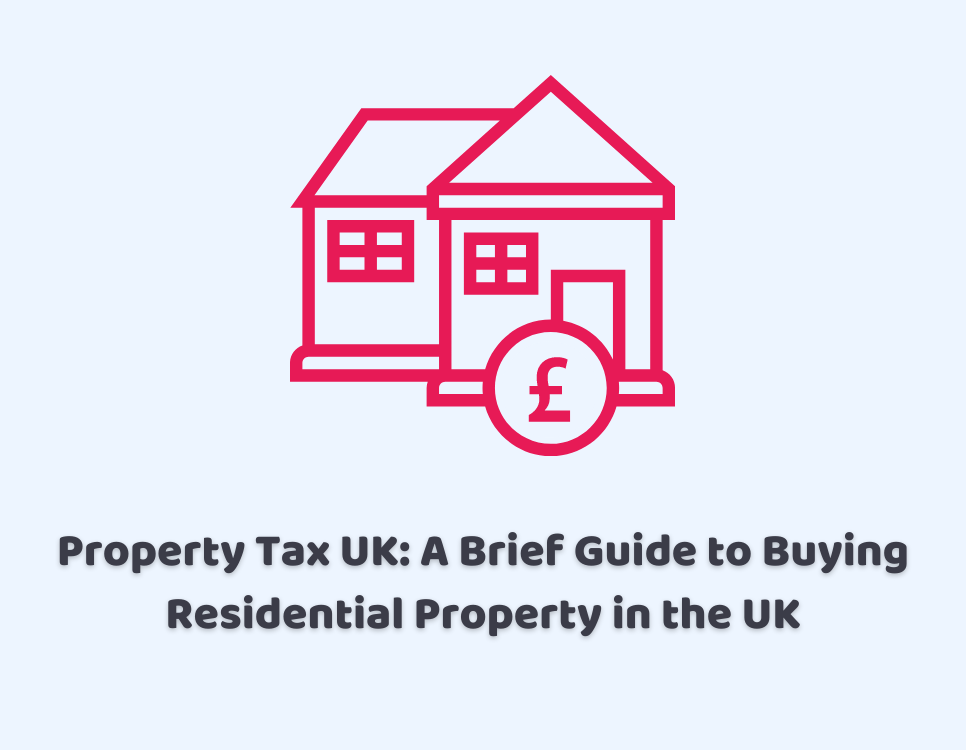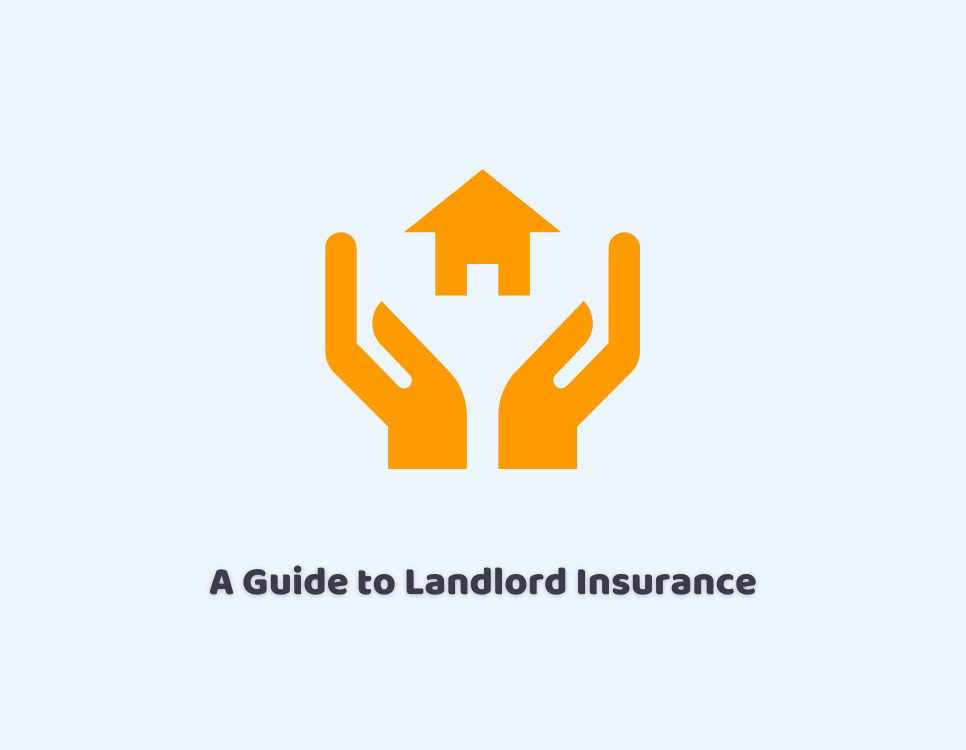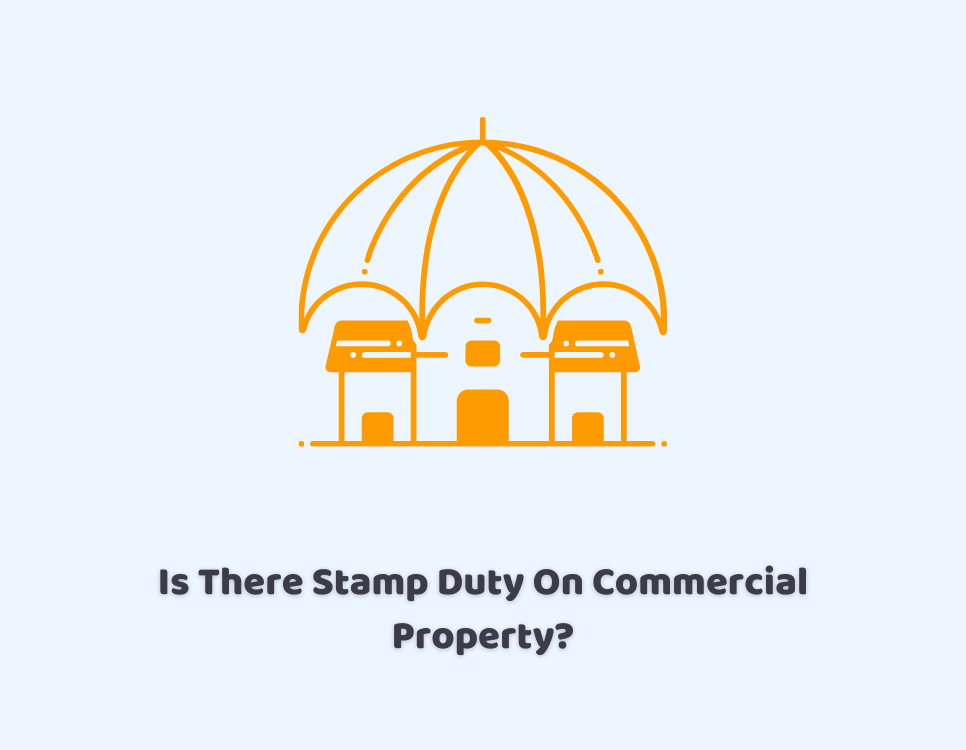27/10/2023Landlord
Are you a landlord wondering how the Mortgage Interest Restriction (MIR) affects your taxes? Read this blog till the end. MIR is a policy that was introduced by the UK government in 2017. It was gradually applied over the next 4 years to give the landlords time to adjust to the changes. It affects your …
Read more

